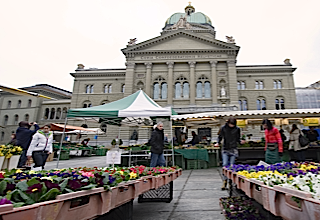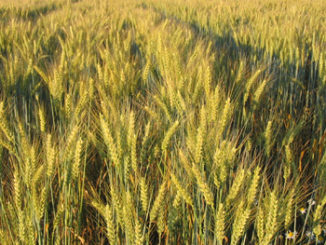The Committee on World Food Security (CFS) works with UN agencies and governments to eradicate hunger and malnutrition within ten years. It has just published a guide to help participating civil society organisations to make best use of their special status that puts NGOs on an equal footing with governments and other agencies.
 The CFS is an intergovernmental and international political platform, currently hosted by FAO in Rome. It is run through a secretariat comprising the key Rome-based UN agencies. These are the Food and Agriculture Organisation (FAO); the World Food Programme (WFP) and the International Fund for Agricultural Development (IFAD).
The CFS is an intergovernmental and international political platform, currently hosted by FAO in Rome. It is run through a secretariat comprising the key Rome-based UN agencies. These are the Food and Agriculture Organisation (FAO); the World Food Programme (WFP) and the International Fund for Agricultural Development (IFAD).
In the words of the guide: “Membership is considerably more inclusive than other ad hoc intergovernmental groupings working on food and agriculture issues, such as the G8 or the G20.”
One aim is to provide policy coordination and convergence in groups such as the G20 and CFS is moving towards this goal. “The eradication of hunger is too big a challenge for a single country or institution acting alone. The consolidation of the CFS and the active participation of civil society and the private sector are essential for food and nutrition security,” says FAO director José Graziano da Silva.
Copies may be downloaded in English or Spanish, with French and Portugese editions to follow shortly.





